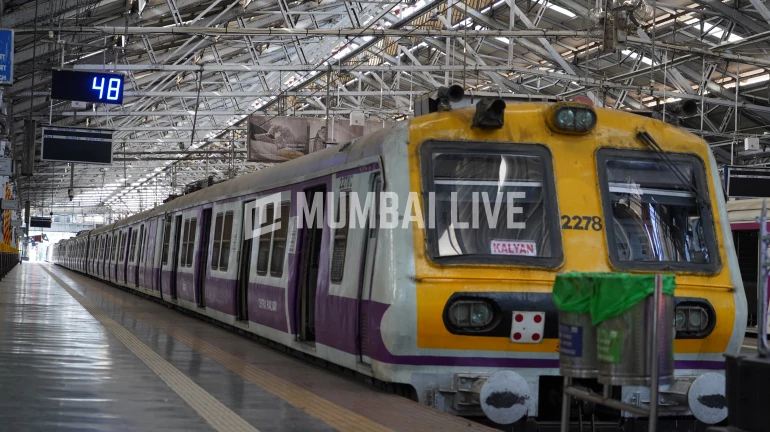
Mumbai’s suburban rail system is set for its most significant safety transformation in decades, as the Indian Railways has confirmed the introduction of automatic doors on both new and existing rakes. The implementation of this safety feature has been scheduled for completion by December 2025, marking a decisive shift in how the city’s vast commuter network will function.
It was announced that 238 fully air-conditioned trains, currently under production, will be delivered with sensor-based automatic doors as a standard element. This represents the largest single addition of AC locals to Mumbai’s network. At the same time, the older non-air-conditioned fleet, which still carries the majority of passengers, will be gradually upgraded with retrofitted doors. A prototype rake developed at Kurla has already demonstrated the design, which includes ventilated side panels, roof-mounted air circulation systems, and interconnecting vestibules to improve passenger flow during rush hours.
The decision to accelerate the introduction of automatic doors was strongly influenced by recent tragedies. The fatal incident near Mumbra in June 2025, where four passengers died after being pushed out of an overcrowded train, renewed calls for urgent intervention. Passenger associations had long been vocal in demanding stricter safety mechanisms, pointing to official data that reveals an average of eight deaths daily on Mumbai’s railway lines, largely attributed to overcrowding and open-door travel.
Union Railway Minister Ashwini Vaishnaw stated at the Shilphata Tunnel breakthrough event in Ghansoli that passenger safety was the foremost concern. It was further conveyed that safety would not be compromised and automatic doors would now be treated as an essential feature of suburban travel. The Minister assured that these upgraded trains would be operational before the end of the year.
The design of the system ensures that doors will automatically shut before departure and reopen only after a train has completely halted at a station. By preventing boarding and alighting from moving trains, officials believe the risk of accidental falls will be substantially reduced. It was also emphasized that while the technology is crucial, behavioural change among commuters will be equally important. Passengers, long accustomed to boarding moving trains or leaning out of open doorways, will now have to adapt to new patterns of travel.
Production of the retrofitted non-AC prototypes has been undertaken at the Integral Coach Factory (ICF) in Chennai, with the first rake expected to be delivered in November for trials. Following successful testing, widespread deployment will begin in December alongside the induction of new AC trains.
With this measure, Mumbai’s lifeline is being prepared for a safer future, where fatalities linked to overcrowding and unsafe boarding practices are expected to decline sharply. The introduction of automatic doors is therefore being regarded as not just a technological advancement, but also as a cultural milestone in the evolution of suburban commuting.





